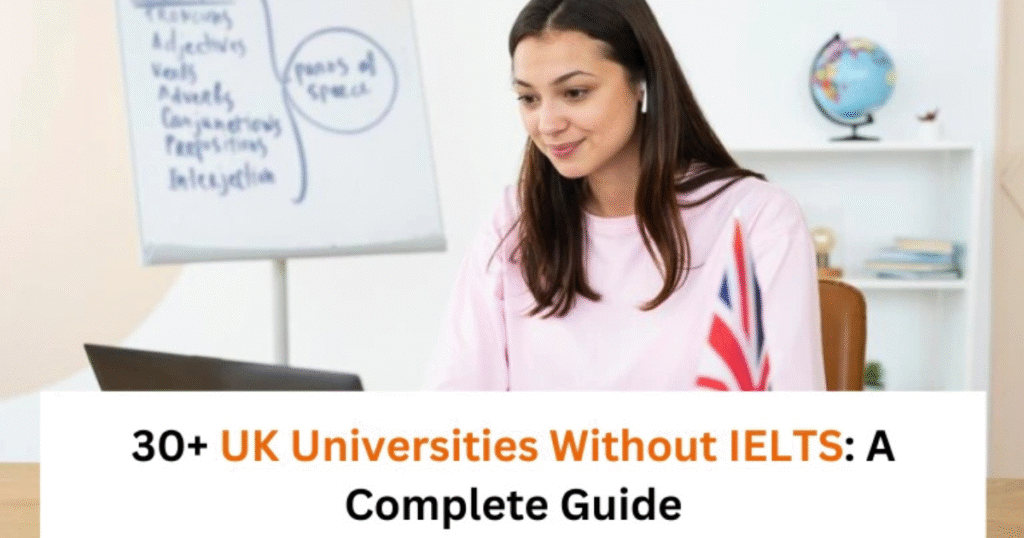Free Education in the UK – Is It Possible? Here’s How
Student Visa & Immigration Guide
The United Kingdom is renowned for its prestigious universities and quality education, but one of the biggest concerns for international students is the cost. Tuition fees and living expenses in the UK can be high, leading many to ask: Is free education in the UK possible? While the UK does not generally offer completely free university education to international students, there are several pathways and opportunities to significantly reduce or even eliminate your tuition costs. Here’s how, along with important information about student visas and immigration.
Is Free Education Possible for International Students?
Unlike some European countries, the UK does not provide universally free higher education for international students. However, there are a few exceptions and routes through which education costs can be covered:
- Fully Funded Scholarships:
Many UK universities and government bodies offer fully funded scholarships that cover tuition fees, living expenses, and sometimes travel costs. Prestigious scholarships like the Chevening Scholarship, Commonwealth Scholarship, Gates Cambridge, and university-specific awards can make education effectively free. - Tuition Waivers and Bursaries:
Some universities offer tuition waivers or bursaries based on merit or financial need. While not always full coverage, these can significantly reduce fees. - Exchange Programs and Sponsored Study:
Students coming through exchange agreements or sponsored by governments, companies, or NGOs may have tuition paid for as part of their funding package. - Part-Time Study & Work Opportunities:
Though this doesn’t make education free, working part-time (up to 20 hours per week on a student visa) can help cover living expenses, easing financial burdens.
Important Considerations
- Scholarship Competition:
Fully funded scholarships are highly competitive, often requiring excellent academic records, leadership potential, and strong application documents. - Course Duration:
Some accelerated or shorter courses may reduce overall costs but still require tuition fees. - Living Costs:
Even if tuition is covered, international students must budget for accommodation, food, transport, and visa-related expenses.
Student Visa & Immigration Essentials for Studying in the UK
To study in the UK, international students need a Student visa (previously Tier 4 visa). Here’s what you need to know:
1. Eligibility Requirements
- Have an unconditional offer from a licensed Tier 4 sponsor (university or college).
- Show proof of sufficient funds to cover tuition fees and living costs.
- Demonstrate English language proficiency.
- Pass the “Genuine Student” test (prove you intend to study and leave after).
2. Financial Proof
You must show that you have enough money to pay for your course and support yourself. This includes:
- Tuition fees for the first year or full course (whichever is shorter).
- Living costs (around £1,334 per month for up to 9 months if studying in London; less outside London).
Scholarships that cover tuition and living expenses can fulfill this requirement.
3. Work While Studying
The Student visa allows part-time work up to 20 hours per week during term and full-time during vacations, helping to manage expenses.

4. Post-Study Work Options
The UK offers a Graduate Route visa, allowing graduates to work or look for work in the UK for up to two years after completing their degree, which is a huge incentive.
5. Application Process
- Apply online for the Student visa.
- Pay the visa fee and Immigration Health Surcharge.
- Provide biometric information.
- Wait for approval before traveling.
Conclusion
While free education in the UK is rare for international students, scholarships and bursaries provide realistic pathways to study with minimal or no tuition costs. Careful planning, applying for scholarships early, and understanding visa requirements are key to making your UK education affordable and achievable. Remember, the UK student visa system supports work opportunities and post-study work rights, helping students build a sustainable future after graduation.
If you want, I can also help you find scholarships or guide you through the visa application process!

